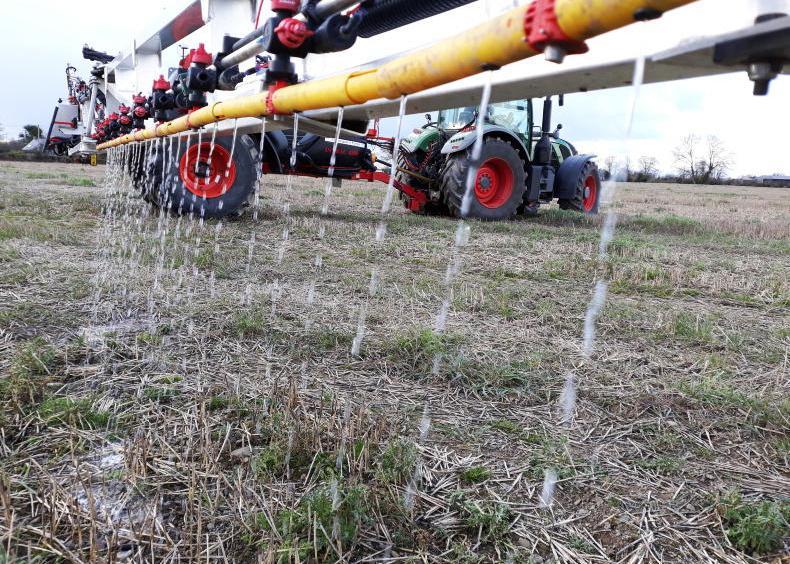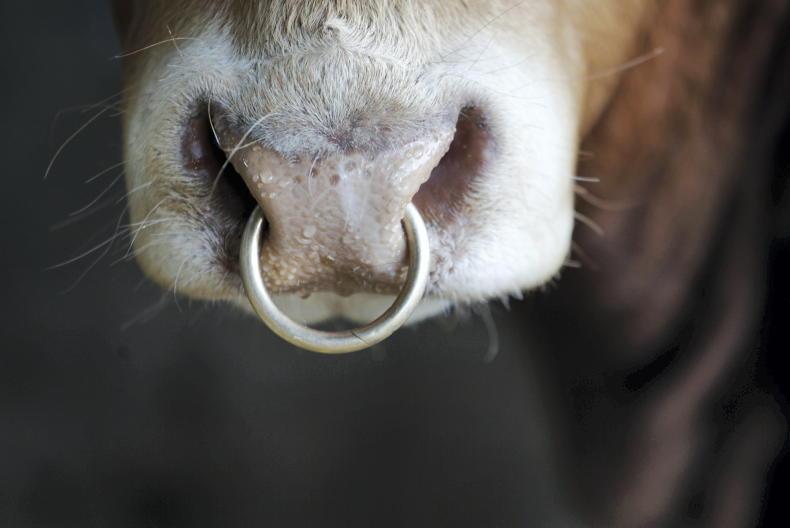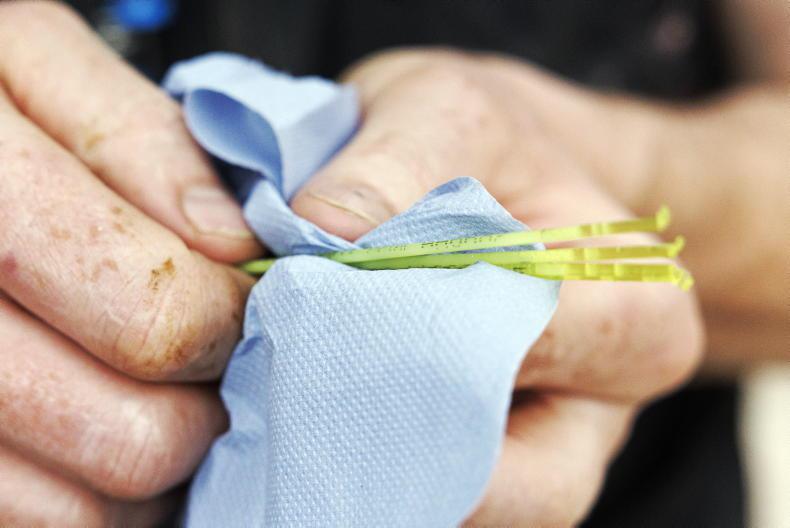Doses
Fluke could be a bigger issue than in other years because of the wet autumn.
For dairy cows the options for doses are minimal, and if fluke is a regular problem it’s important not to use the same product every year. Instead, alternate between active ingredients in order to prevent any resistance forming.
Where a fluke outbreak occurs it can have huge implications on performance, so dose only if you have to.
The other big one this year could be lungworm. Most wormers licensed for use on dairy cows will also treat cows for lungworm. Cows with lungworm will usually be coughing a lot and have poor thrive.
Whether cows need a general worm dose for stomach or gut worms is also questionable. Faecal egg samples work well for determining this. A good few farmers that used to routinely treat dry dairy cows for worms no longer do so based on herd health screening advice.
That just leaves lice treatment, and the key thing here is that all animals in the unit are dosed at the one time.
Hedgerows
Once calving starts there will be no time for tasks that are good to do but not essential. Planting trees and hedgerows probably falls into that category although how essential they are depends on your outlook and appreciation for nature and shelter.
The new CAP for 2023 will be the first time that all farmers are to be rewarded for what hedgerows they have on their farm. Log onto Agfood and look under the payments section to see your current space for nature.
It must be above 4% to start off with and if it’s greater than 7% it qualifies for one eco-scheme. If it’s greater than 10% it qualifies for two eco-schemes. The best time to plant trees or hedges is in early spring when they are still dormant.
The later they are planted the higher the risk of failure and more requirement there is for watering. If planting a hedge, use native species of local provenance and plant a diverse range of species, not just whitethorn.
Slurry
The period where slurry and chemical fertilisers cannot be applied is detailed in the table below. The main change is that the open period for spreading chemical fertiliser has been put back to later in January, but there’s no change to slurry spreading opening dates.
Spreading soiled water is banned from 21 to 31 December this year.










SHARING OPTIONS